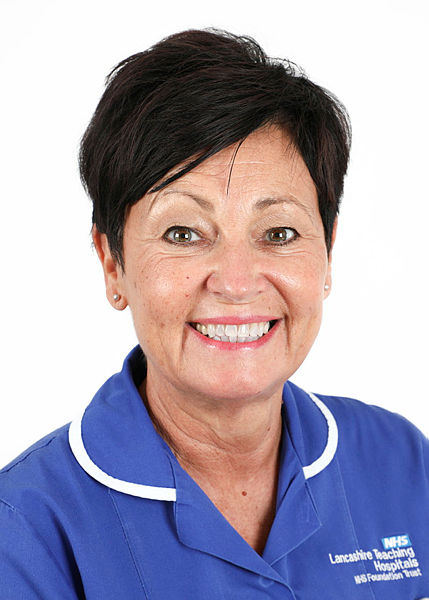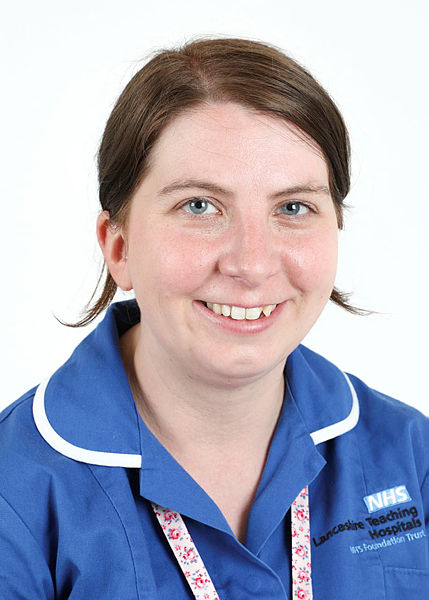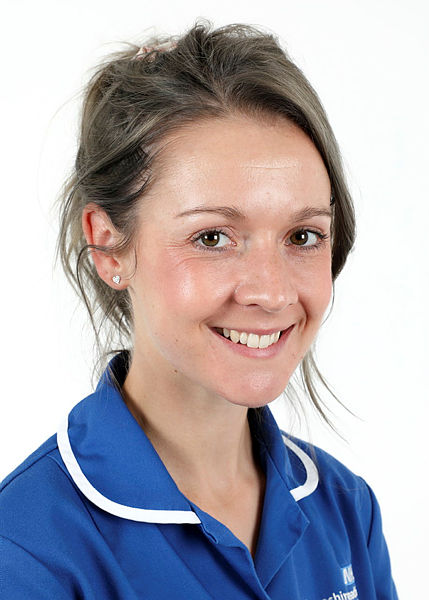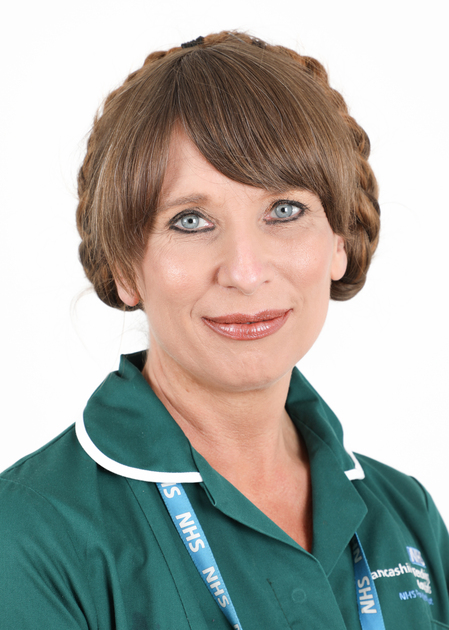Gynaecology Cancers
Contact number: 01772 524739
The team of experts at Lancashire Teaching Hospitals provide specialist care for women with gynaecological cancer within the Lancashire and South Cumbria Gynaecological Cancer Network.
We treat patients from all over our region, including:
- Lancashire Teaching Hospitals NHS Foundation Trust
- East Lancashire Hospitals NHS Trust
- University Hospitals of Morecambe Bay NHS Foundation Trust
- Blackpool, Fylde and Wyre Hospitals NHS Foundation Trust
- Other private providers seeing NHS and non-NHS patients Ramsay, Spire, BMI
Women are cared for by a multidisciplinary team of experts including oncological surgeons, clinical and medical oncologists, expert radiologists and pathologists, clinical nurse specialists, psychologists, dieticians, physiotherapists and research nurses.
The Gynaecological Cancer Centre participates in national and international clinical trials and has its own portfolio of translational research. The gynaecological cancer surgeons offer expert surgery including the minimally invasive approach where appropriate.
We offer expert treatment for all types of gynaecological cancers (genital tract – uterus/womb, ovary, cervix, vulva and vagina) including surgery, radiotherapy and chemotherapy. We place great importance on quality of life after treatment for cancer and offer a variety of support services to achieve this.
Diagnostic tests you may have:
- CT scan (Computerised tomography)
A CT scan uses x-rays and a computer to create detailed images of the inside of
your body. They are carried out by specialist clinicians called radiographers. The scan takes 10-30 minutes and is painless. You will be asked not to eat or drink for at least four hours before the scan.Before having your scan you may be given a special dye called a contrast to help improve the quality of the images. The contrast is injected into the vein. The scan will take approx. 30 minutes and you will be asked to lie on your back, on a flat bed whilst the bed passes through the CT scanner. It uses a small amount of radiation, which is very unlikely to harm you and will not harm anyone you come into contact with.
- MRI Scan (Magnetic resonance imaging scan)
An MRI scan uses strong magnetic waves to produce a detailed picture of areas of your body. They are carried out by specialist clinicians called radiographers.
The scanner is a powerful magnet and you will be asked to complete a checklist about any metalwork in your body to ensure it is safe for you. You will be asked to remove all jewellery before the scan. Some people are given a special injection into the vein before the scan to help improve the quality of the images.
The scan takes approx. 30 minutes and is painless. You will be assisted to get comfortable on the flat bed and given earplugs/headphones so you can communicate with the person operating the scanner. Some people find they feel a bit claustrophobic but the clinicians are there to help you relax throughout the scan.
- PET scan (Positron emission tomography)
A PET scan provides detailed 3-dimensional images of the body. They can help the team look more clearly at the area of the body being investigated and are particularly helpful for investigating cancer. Our PET scanner is based at our Preston site and PET scans are carried out as an outpatient visit.
You will be given instructions by the radiographer before you attend for your scan about how you should prepare. They will advise that you wear comfortable clothing, remove all jewellery and ideally avoid any strenuous exercise for 24hrs before your appointment.
Before the scan you will be injected with a substance called a radiotracer. You will asked to lie on a flat bed and the scanner will take pictures of your body. The scan usually takes up to 30 minutes and is completely painless.
- Ultrasound
An Ultrasound examination is a method of studying the soft tissues of various parts of the body. Sound waves (which cannot be heard by the human ear) are used to produce images. A special gel is applied to the skin and the ultrasound probe is then moved over the area. This builds up a picture which is displayed on a TV monitor.
There are two methods of gynaecology ultrasound:
• Transabdominal as described above.
• Transvaginal (internal scan) where a special ultrasound probe covered by a sheath, is inserted into the vagina. The transvaginal scan will only be performed with your consent. - Colposcopy
Colposcopy is the examination of the neck of the womb (cervix) using a special type of microscope (the colposcope) that magnifies the cervix so that it can be closely examined. A speculum, the instrument used when taking a smear, is placed into the vagina whilst the colposcope remains outside the body. During the examination a small sample of cervical tissue may be taken for further laboratory tests (a biopsy) and in some cases a treatment will be carried out.
- Hysteroscopy
Hysteroscopy is a technique that allows the inside of the womb to be examined using a thin telescope called a hysteroscope. The hysteroscope is passed very gently through the cervix (the neck of the womb) before being connected to a TV screen on which a clear view of the inside of the womb will be displayed. Any abnormality of the womb can be seen and a biopsy (a sample of tissue) taken if necessary.
The whole procedure takes approximately 10-15 minutes; it can take longer if you are having any additional procedures. You may choose to have the hysteroscopy under general anaesthetic; this will be done in an operating theatre, usually as a day case procedure.
- Personalised follow-up
Meet the Team

- Specialist Nurses
If you are diagnosed with cancer, it is normal to experience a wide range of emotions. For some women it can be a frightening and unsettling time.
Your specialist nursing team will listen to you, answer any questions you may have about your condition, and can put you in touch with other professionals or support agencies.

Sandra Murray (Clinical Nurse Specialist)

Lisa Nicholson (Clinical Nurse Specialist)

Stephanie Ellison (Trainee Clinical Nurse Specialist)

Lyn Schinkel (Cancer Support Worker)
- Consultant Gynaecology-Oncologists
Our Patient Information Leaflets
- Patient Information Leaflets and Links
Here are our Gynae Oncology patient information leaflets and links.
Links to external sites
General
http://www.cancerresearchuk.org/
http://www.macmillan.org.uk/Home.aspx
Ovarian Cancer
http://www.targetovariancancer.org.uk/
Cervix cancer







